
views
As the story goes, Sigmund Freud and his wife took their little daughter to a park. The park was pretty busy and Freud met some friends while his wife and daughter went further ahead. After some time, the distraught wife came running, saying that the daughter had wandered off and was nowhere to be found. Freud asked her to calm down and recollect any instructions she had given her daughter. The wife said that she had merely mentioned that she could play as she liked, except that she should not go near the well in the park. Freud held his wife by the arm and walked her toward the well. They found the daughter playing blissfully next to it.
Not wanting someone to do something and getting them not to do it are two completely different things. The surest way to make people do something is to ban it. And if it is children you are dealing with, your friendly neighbourhood school headmistress will tell you to kill that thought. We just aren’t smart enough, she would say.
As a developmental behavioural pediatrician, I have been writing ‘limit screen time’ in my prescription for over 10 years now. A significant amount of my consulting time is (well) spent pleading, cajoling and convincing parents about the short- and long-term dangers of digital media. I firmly believe that stopping screen time for children under three years of age and limiting it thereafter along with a good 10-hours-a-night sleep will help control to an extent the endemic scale of disorders like autism and attention deficit hyperactivity disorder (ADHD).
There is ample evidence now that excessive screen time can lead to serious developmental and behavioural abnormalities in children and adolescents. Internet gaming addiction is turning out to be an alarming condition with serious consequences for physical and mental health of the children, and with implications for family, social and academic dynamics. It also opens up dark windows into cyberbullying and cybercrime. The Indian Academy of Pediatrics in a consensus statement as well as a Parent Advisory Guideline has enunciated the matter very well in the public domain.
View: China is Putting Limits to Online Gaming for Kids, Indian Policymakers Must Step in Too
However, one realises that merely speaking about the issue or creating awareness does not actually end up cultivating the desired behaviour. At times, it does end up making people feel overwhelmed, guilty or frustrated and, indeed sometimes reinforces the undesirable behaviours. What is of paramount importance is guiding, mentoring, encouraging and when indicated, offering medical and paramedical interventions to enable people to adopt the new behaviour. Merely banning or even creating a scare, especially at a time when children are locked in and schools are running online, is not the solution. Someone recently made a cartoon, which shows a bespectacled, studious-looking boy mocking the world—“You said mobiles are not allowed in school; now the school is in the mobile!”
Help Kids Learn Self-regulation
In general, the earlier we start the better are the results. Children below the age of 18-24 months should not be exposed to any type of screen with the exception of live video calls with relatives. I recommend the latter should be enabled on a television or desktop screen, thus avoiding the mobile device being handed over to the toddler. Screen time for children between the age of 2 and 5 years should not exceed 1 hour, and always supervised. For older children and adolescents, it is important to balance screen time with other activities that are required for overall development.
Due to online schooling, educational screen time is inevitable—parents should negotiate to restrict entertainment screen time. Media and screen time should be allowed but always within mutually defined and agreed limits. Make a schedule for the entire day, specifically accommodating the adolescents’ other choices like outdoor sports, board games, dance, music and other hobbies, spending time with peers; do not only focus on academic targets or limiting media time. Sticking to the schedule is important; regular reviews and rewards work effectively. The aim should be to help the adolescent practice self-regulation.
Parents being role models and limiting their own media use is vital. Repeated admonishments and the dreaded “in our days” should be relegated to the family archives. Screen-free zones in the house as well as screen-free hours and days bring in a sense of control. Meal times and together times should be centred around mutual happiness and fun, and not turn into an audit hour for academics or inquisition for dodgy behaviour. Parents need to educate themselves about social media and families including grandparents could make a social media policy that everyone follows. This is pertinent in view of the ongoing lockdown and online schooling.
Policing Won’t Work
Internet gaming addiction especially is now considered a mental health disorder. If your child compulsively uses media, craves for it, has lost control over its usage, gets violent when asked to stop its use, and continues to use despite adverse consequences such as fall in academic performance and loss of friendships, s/he is probably addicted to it. I have seen children throw umpteen tantrums and hit parents or even threaten their parents with self-harm, like starvation, shunning studies totally, running away from home, or even suicide. It is important to remember that media addiction may be associated with other disorders such as ADHD, depression and anxiety. This may mandate professional help. Media addiction can be treated by consulting mental health professionals. When you find one or more of these warning signs, do consult your pediatrician or a mental health professional at the earliest.
Is public action warranted? Yes, we do need public awareness and intervention in terms of easy availability of literature, resources and professional help. New Horizons, for instance, ran a campaign with Chetana Insitute of Management called ‘Limit My Screen Time’ reaching out to the community a year before the pandemic; parents and children were counselled and asked to share their success stories to motivate others. Many other organisations have put their best practices and success stories in the public domain. Impressive ambassadors like Steve Jobs have spoken out about the dangers of screen time.
We need to support families and children to take a stand on media and screen time, not ban it. Media has become ubiquitous, and children are virtual natives. They will find more devious ways to access internet gaming, and in the process endangering themselves. Policing will never work on someone who will always be a step ahead. What will work is when parents engage actively with children. Rather than a “Catch Me If You Can”, it is better to be in “The Pursuit of Happyness!”
Dr Samir Hasan Dalwai is a Developmental Behavioural Pediatrician attached to the New Horizons Child Development Centre and the National Joint Secretary of the Indian Academy of Pediatrics. The views expressed in this article are those of the author and do not represent the stand of this publication.
Read all the Latest News, Breaking News and Assembly Elections Live Updates here.












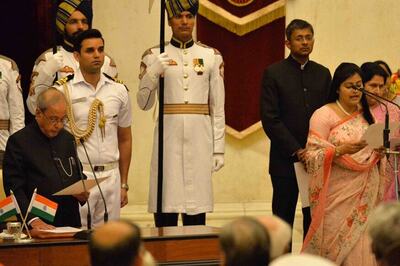
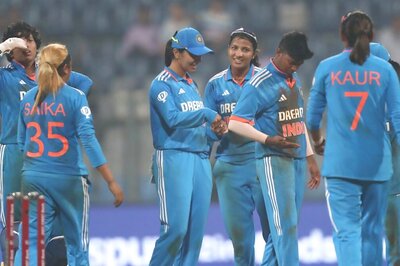

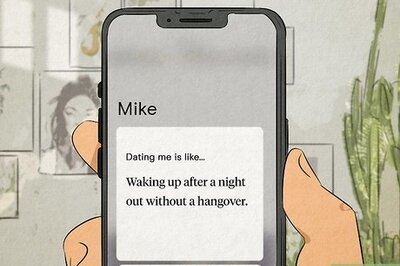
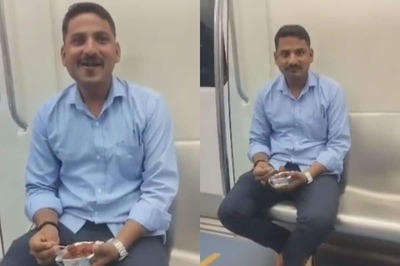
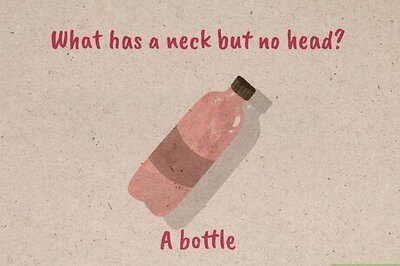


Comments
0 comment